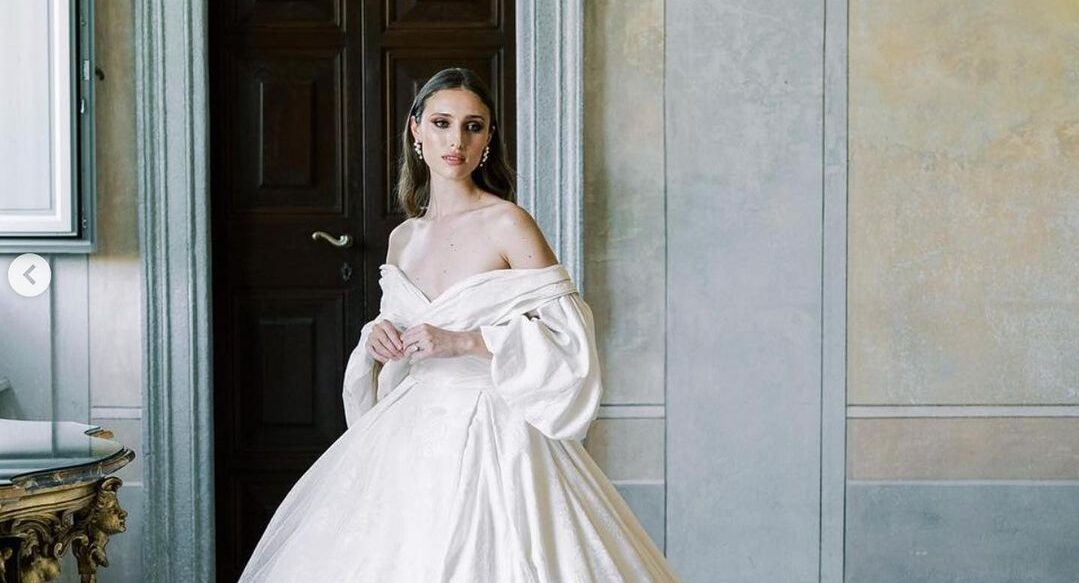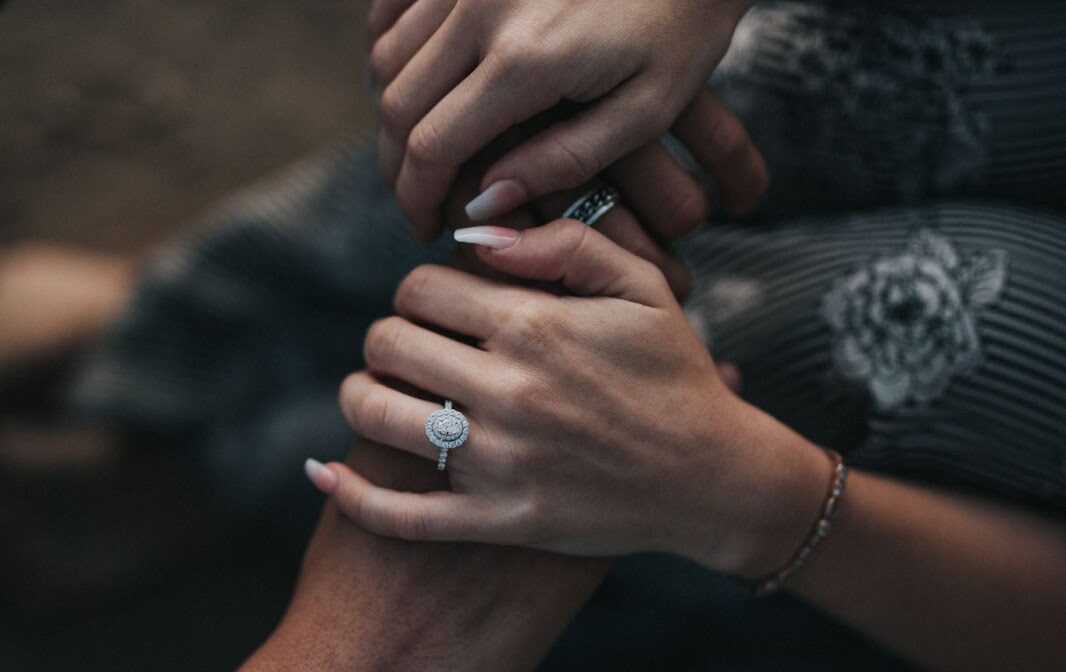Weddings are joyous occasions that celebrate love and the union of two individuals. In Fiji, weddings are not just events but also an embodiment of cultural traditions and customs. The rich heritage of the Fijian people shines through in their fascinating wedding traditions, which add an extra layer of charm and uniqueness to these special ceremonies. In this article, we will explore ten of the most captivating wedding traditions in Fiji, offering insights into the cultural tapestry that surrounds these joyous celebrations.
Table of Contents
10 of the Most Fascinating Wedding Traditions in Fiji
1. Sevusevu Ceremony: Extending Hospitality and Respect
Before the wedding festivities commence, the groom’s family pays a visit to the bride’s family to present a sevusevu, a traditional offering of yaqona (also known as kava). This ceremony symbolizes respect, acceptance, and the coming together of the two families. The presentation of sevusevu strengthens the bond between the families and sets the stage for the wedding.
2. Tovolea Ceremony: Seeking Blessings from Elders
In the Tovolea ceremony, the bride and groom seek blessings from their respective families’ elders. The elders place their hands on the couple’s heads and offer prayers for a harmonious and prosperous marriage. This deeply heartfelt tradition signifies the importance of family and the wisdom passed down through generations.
3. Vale Levu: Traditional Fijian Wedding Venue
Vale Levu, meaning “big house” in Fijian, is a traditional venue for Fijian weddings. It is usually a large, open-air structure adorned with vibrant decorations and flowers. The Vale Levu provides a magnificent setting for the couple’s union, and its open layout invites the blessings of nature to be a part of the ceremony.
4. Bilo Ceremony: Exchanging of Yaqona
The bilo ceremony is a significant part of a Fijian wedding. The couple exchanges a bilo (a polished coconut shell) filled with yaqona as a symbol of their commitment and unity. Sharing this traditional drink with each other signifies their willingness to support and nourish one another throughout their married life.
Photo from Kava Social
5. Tabua Exchange: Symbol of Trust and Love
Tabua, or whale’s tooth, holds great cultural and spiritual significance in Fiji. In a Fijian wedding, the bride’s family presents a tabua to the groom as a gesture of trust and love. This exchange symbolizes the acceptance of the bride into the groom’s family and the commitment of both families to the couple’s future happiness.
6. Meke: A Celebration of Music and Dance
No Fijian wedding is complete without the vibrant and energetic performance of the meke, a traditional dance accompanied by melodious music. The meke showcases the unique cultural heritage of Fiji, with graceful movements and spirited rhythms that captivate both the couple and their guests. It is a joyous expression of love, celebration, and community.
7. Sulu Jaba: Traditional Attire
In Fijian weddings, the groom typically wears a sulu jaba, a traditional Fijian garment. The sulu jaba consists of a long wraparound skirt (sulu) and a tailored shirt (jaba). This attire not only reflects the groom’s cultural heritage but also adds a touch of elegance and splendor to the wedding festivities.
Photo by Ethan Hooson on Unsplash
8. Food and Feast: Celebrating with a Bountiful Spread
Food plays a central role in Fijian weddings, with a sumptuous feast prepared to celebrate the occasion. Traditional Fijian dishes, such as kokoda (marinated fish in coconut cream), lovo (earth oven-cooked meats and vegetables), and palusami (taro leaves cooked in coconut cream), tantalize the taste buds of the guests, providing a true culinary delight.
9. Veiyabaki: Money Dance
Veiyabaki, also known as the money dance, is a customary part of Fijian weddings. During this dance, guests pin money onto the bride’s gown or the groom’s sulu jaba as a gift to support the newlyweds in their journey together. The veiyabaki represents the community’s collective support and well wishes for the couple’s future prosperity.
10. Matanigasau: Farewell Ceremony
As the wedding festivities draw to a close, the matanigasau ceremony takes place. It is a farewell ritual where the newlyweds bid farewell to their families and express gratitude for their love and support. Matanigasau symbolizes the couple’s transition into a new phase of life, marked by independence and the start of their own family.

